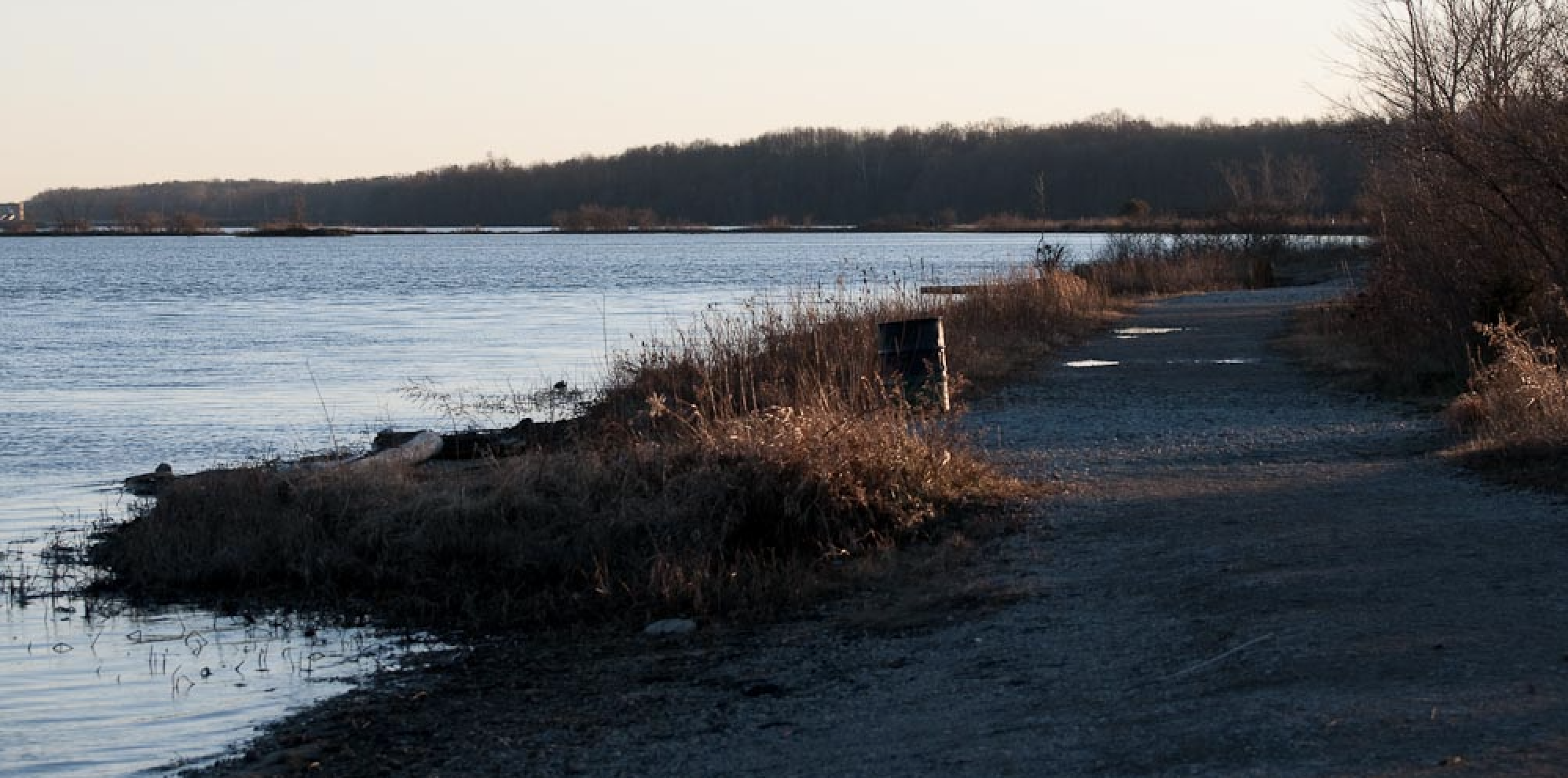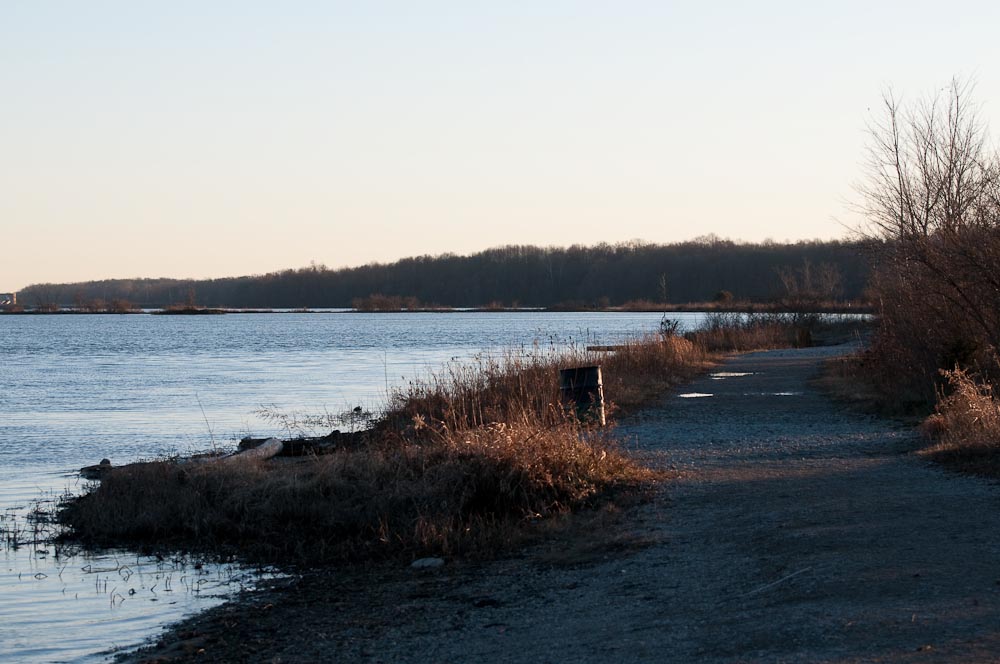At the start of 2020, I was ready to start over. The beginning of the new decade had felt like a chance to begin again. I had been on a steep hill pursuing artistic and intellectual growth, and I knew I was close to the summit. This ideal was put on hold by the pandemic.
During this time, the first time as a Gen Z that I felt I was truly living through history, you’d expect those of us who gravitate toward writing and the arts to be in a frenzy with commentary. The opposite happening, and on a mass scale, was a deep personal disappointment. I chastised myself for not realizing how dependent I was as a writer on access to society and people. There is a certain kind of collective effervescence I get from existing and creating with friends. The stimulations and experiences produced by these relationships directly funneled into my fiction, both consciously and unconsciously—something that has always been a favorite part of writing for me. Without this energy, the fire that kindled my creative spirit dimmed.
For the artists around me, the timing couldn’t have been worse. I knew many who were on artistic brinks that were cut short as well. For myself, I’d finally conceived of a novel that would allow me to write about white Latinx identity—something that had always felt too obscure and personal for me to tackle just yet. It was the most enlivened I’d been by a project in a while, which was exacerbated by the fact that the inception and planning for it came from a deeply physical space. This meant that the pandemic robbed me of the space I thought I needed to be in for this work to come to life.
Running mostly felt the same—always a solitary activity before, now one of the few valid reasons to step outside. I had read the writings of Indigenous runners such as Dineé Dorame and Noé Álvarez who had spoken about the relation to running and one’s connection to the land they reside on, but I hadn't understood the reality of what they were saying until recently. During lockdown, I approached the land as an exile. The familiar sites and sounds of the city were now colored by tinges of loss and regret. For the first few weeks I ran through my urban stomping grounds often, trying to come to terms with what had been taken away. Over time the memories tied to those places—my connection to those lands—began to dim. I was still growing and moving forward as a person, while the significance of those places was slowly receding into the past. No, I couldn’t keep running in the city. The woods, though, their aura hadn’t changed.
I’ve never been religious, but years of running through wilderness trails has shown me the spirituality inherent in a connection to unmolested land. I explore this often in my fiction; it’s something I unintentionally find my stories circling back to. The book that had stalled at the start of the pandemic felt like the apotheosis of this idea, one that also allowed me to comment on the complexities I felt about my identity in a way I was proud of. That the pride I felt didn’t fade away over time as it does for most of my stories felt like a sign. It wasn’t until several months of runs on local trails and state parks, of not stepping foot in the places that I had once frequented weekly or daily, and of reading the works of naturalist writers, that the energy propelling the story came back to me. It was a time of healing.
In classic summer 2020 fashion, excursions into the natural world (solo or masked with others) filled some of the void that human interaction had previously filled. Unable to engage with people as before, I was able to engage with the land in a new way. Leaves of Grass, Braiding Sweetgrass, and Upstream accompanied me into various woods around central Indiana. Whitman’s voice, that of an intimate confiding the beauties of life and land to the reader, was essential for me in keeping the loneliness at bay. Sitting by the lake in Eagle Creek’s Bird Sanctuary, looking up from the page to witness a great blue heron take off from a tiny island, I thought I understood what Mary Oliver meant in Upstream when she wrote “Attention is the beginning of devotion.” The devotion that I needed to bring to my story came from a sense of patience and calm that only nature could provide. As a human I approached the land with a fresh perspective because of the pandemic, and as a writer I was given new tools to work with. Without as many societal constraints, I was able to give myself over to the natural world. My humanity mattered little in comparison to the fact of my being. This state of mind was one the writers I was reading lived in, and it took a forced separation from society for me to realize it within myself.
There is a spot in Fort Benjamin Harrison State Park I love to journal in. To get there, you need to run through a series of thin trails so strewn with detritus that the first time I ran through them I thought I’d ran out of the park. Now, I could guide you. After a long period of gradual incline you reach a turn in the trail that faces a cliff edge. If you want, you can step off-trail and sit with your back against a tree, stare out at the trunks and forest floor below you. You might spot a deer or two wearily walking by. Here, with my journal in my lap and a story only I could tell on the page, I felt closer to my summit than I ever had.



